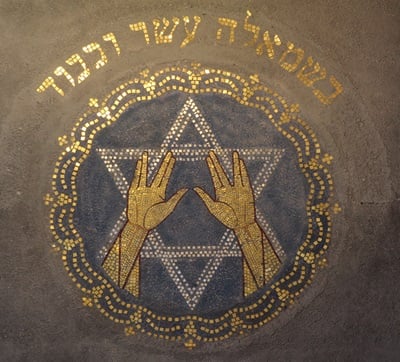Dr. Walter Mzembi, the current Minister of Tourism and Hospitality, Zimbabwe, is considered a prime candidate for the position of Secretary-General of the United Nations World Tourism Organization (UNWTO). With his election, he will be the first African to lead this global tourism group.
Engage Global Resources. City by City, State by State
Mzembi sees tourism as a path to peace, security and improved social relationships. To expand the conversation as to the importance of tourism to global economic growth and global cooperation, Mzembi has stated, “We need to be creative about the entire concept of Membership to attract new participants. I am suggesting a new special category that will engage cities, states and regional organizations. How do you ignore the fact that cities are the oldest and most stable form of social organization – outliving Nation States, and miss them in our vision? Clearly they offer the most practical method and prospect to Membership reorganization?”
Beyond Rhetoric, Ideas: Plans
In addition, Mzembi intends to enlist the support and cooperation of countries that are not currently engaged with the UNWTO with a special focus on the USA, the UK, Canada and Australia.
Disagreeing with current USA policy, Mzembi does not believe that closing borders and hindering travel freedoms is a way to safeguard countries and travelers. He suggests that there should be an increase in intelligence and security agency cooperation through information technology as shared data and seamless borders will benefit all countries and citizens.
He sees the tourism industry as a catalyst to address climate change while reducing poverty and economic hardships and plans to engage the world’s 1.2 billion travelers as peace ambassadors. As a diplomat, Mzembi is committed to bringing Zimbabwe into the 21st century.
As the new leader of the UNWTO Mzembi plans to introduce new policy and management systems that will include: 1. A reform of the administration and governance systems and procedures; 2. A new emphasis on responsible tourism and sustainability; 3. A mobilization of resources for business development, and 4. A repositioning of the organization and enhanced brand development.
Qualified
Years of experience and expertise in the hospitality, travel and tourism industry make Mzembi the right person at the right time. Currently he is a member of the UNWTO’s Executive Council and chairs the organizations Commission for Africa. He is also a member of the Institute of Cultural Diplomacy Board and three-time president of the Africa Travel Association. In 2015, the NY Times’ survey on the World’s 52 Must Visited Destinations, scored Zimbabwe number 14, citing it as a “once avoided-now must visit” destination. The rating is attributed to the marketing and public relations efforts of Dr Mzembi. He was also recognized by the Zimbabwe Council for Tourism’s “Tourism Personality of the Year” for his efforts to organize and present the 2013 UNWTO conference in Victoria Falls.
Endorsement
Dr. Mzembi has received the endorsement of the Southern African Development Community (SADC), and the African Union (AU). Egypt’s Foreign Minister, Sameh Shoukry stated, “We want to assure him [Mzembei] of our full support.” Dr. Kristin M. Lamoureux, Assistant Dean, Tisch Center for Hospitality and Tourism at NYU has endorsed Dr. Mzembi, “We are joining the UNWTO as an Affiliate Organization and we will support you, Dr Walter Mzembi.”
UNWTO
The UNWTO was established in 1974 as one of the 17 agencies of the United Nations. Over the 42 years of its existence, there has been no representative from Africa! Three secretaries – general have come from Europe, one from the Americas and one from Asia. This is likely to change in September 2017 when the UNWTO meets in Chendu, China to elect the next Secretary General.
Currently the UNWTOs members represent 157 countries, with 6 Associate Members and 500 Affiliate Members. There has been a steady decline in membership with countries like the United States and Canada refusing to even consider membership in the organization.
The three membership categories:
- Full members – represent governments of their country/state. Fees for full members is based on the level of economic development and the importance of tourism
- Associate members – represent territories (or a group of territories) who are NOT responsible for their internal relations but membership is approved by their state and assume responsibility for the external relations of these territories
- Affiliate members – represent segments of the tourism industry and their activities that are similar to the objectives of the UNWTO and include regional and local promotion boards, tourism trade associations, educational institutions and private sector enterprises including airlines, hotel groups and tour operators
While membership has increased at the Affiliate level, there has been a decline in Full membership, reducing the amount of funds available to the organization for programs, projects, and administration.

This information may not be copied or reproduced without consent of author. eg@tourismexecutives.com, dr.elinor.garely@gmail.com




